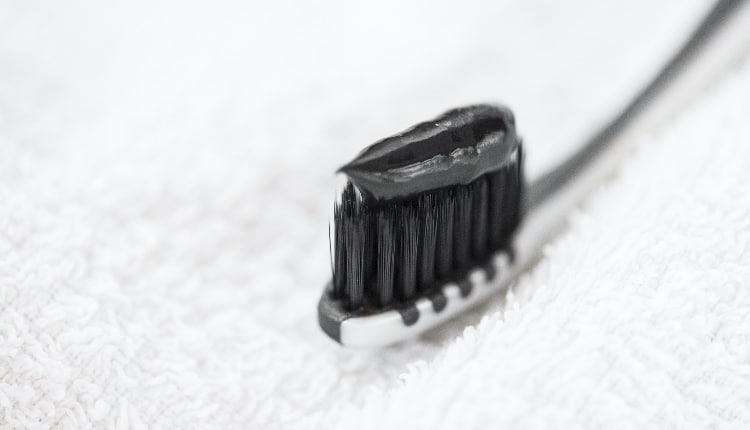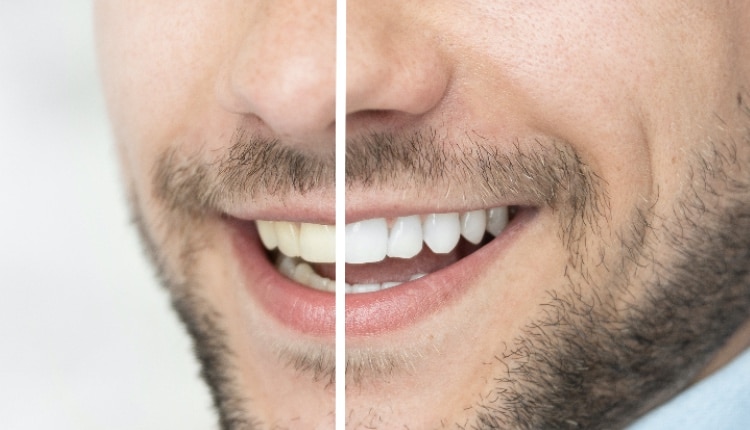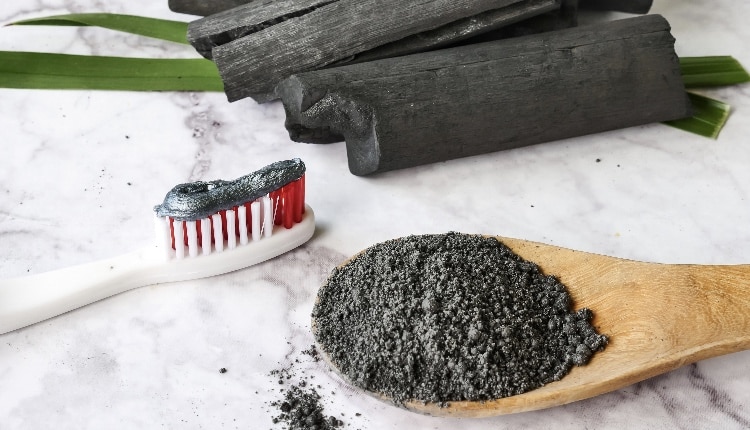Effectiveness of Charcoal in Teeth Whitening
Whether activated charcoal can whiten teeth requires an understanding of the difference between the terms “whitening” and “bleaching,” as well as awareness of the current research and the position of the American Dental Association (ADA) on the use of “activated charcoal” to whiten teeth.






